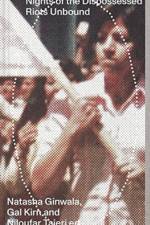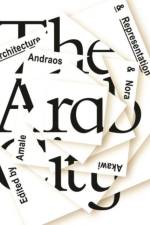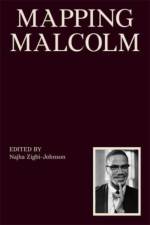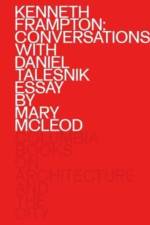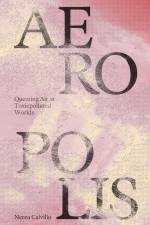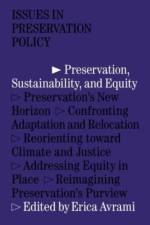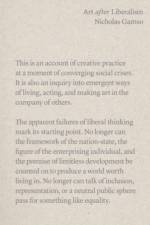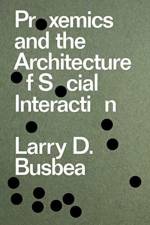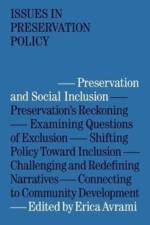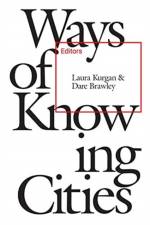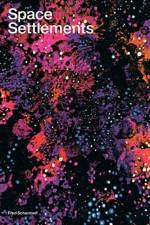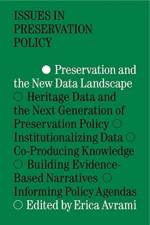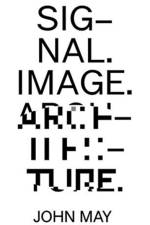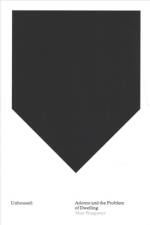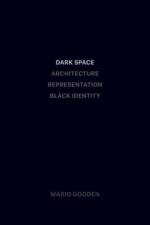av Amale Andraos
447
Moving beyond reductive notions of identity, myths of authenticity, fetishized traditionalism, or the constructed opposition of tradition and modernity, The Arab City: Architectural and Representation critically engages contemporary architectural and urban production in the Middle East. Taking the "Arab City" and "Islamic Architecture" as sites of investigation rather than given categories, this book reframes the region's buildings, cities, and landscapes and broadens its architectural and urban canons. Arab cities are multifaceted places and sites of layered historical imaginaries; defined by regional and territorial economies, they bridge scales of production and political engagement. The essays collected here investigate cultural representation, the evolution of historical cities, contemporary architectural practices, emerging urban conditions, and responsive urban imaginaries in the Arab World. With contributions from Ashraf Abdalla, Senan Abdelqader, Nadia Abu ElÂHaj, Su'ad Amiry, Amale Andraos, Mohammed al-Asad, George Arbid, Mohamed Elshahed, Yasser Elsheshtawy, Rania Ghosn, Saba Innab, Adrian Lahoud, Lila Abu Lughod, Ziad Jamaleddine, Ahmed Kanna, Bernard Khoury, Laura Kurgan, Ali Mangera, Reinhold Martin, Timothy Mitchell, Magda Mostafa, Nasser Rabbat, Hashim Sarkis, Felicity Scott, Hala Warde, Mark Wasiuta, Eyal Weizman, Mabel O. Wilson, and Gwendolyn Wright.

